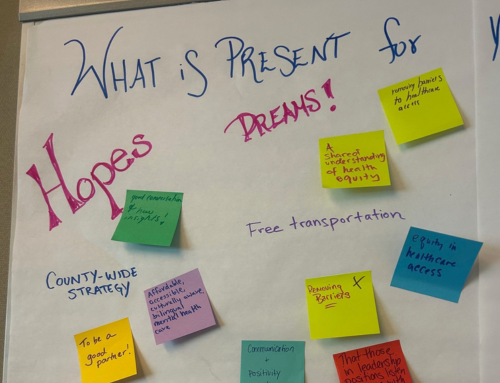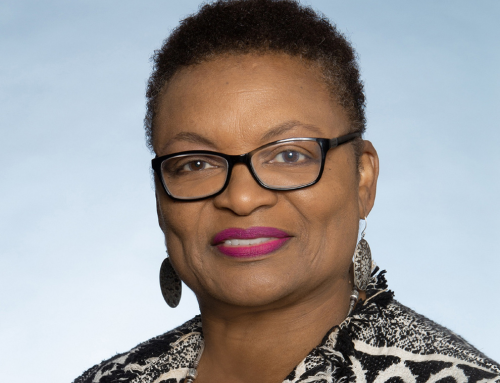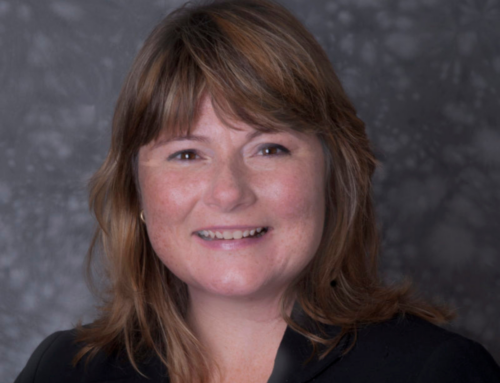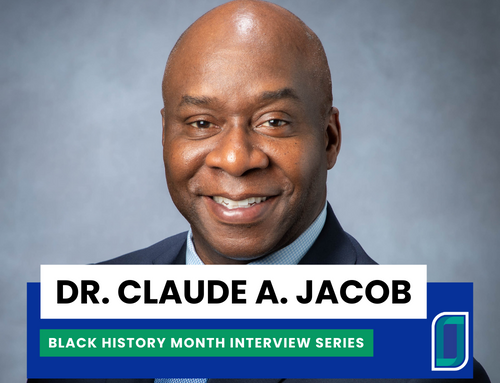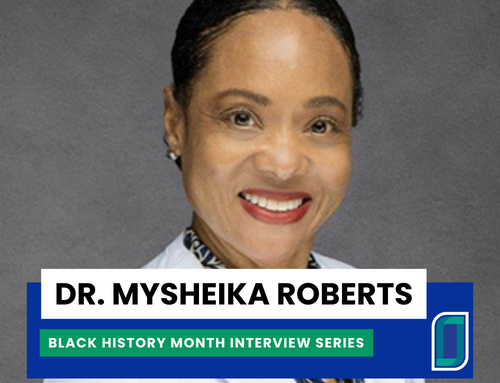How would you spend a 14-hour flight to South Africa? While many might opt for movies, music, or a nap, Chantell Reed, DrPH candidate, spent her time in the air reading the entire Standards & Measures for Reaccreditation from the Public Health Accreditation Board (PHAB).
With little to no distractions, Reed left her flight fully understanding the process and importance of accreditation. When Reed landed back in New Orleans, LA, she applied her new-found knowledge to her role within the New Orleans Health Department (NOHD) and supported the department through the reaccreditation process starting in 2018.
As someone with a strong healthcare background, Reed was able to use PHAB’s framework to understand the public health landscape in New Orleans—where it was and where it’s going.
“It was the playbook,” Reed said about accreditation.
In 2019, the NOHD completed an environmental scan of the community that discovered four key health issues: diabetes, obesity, heart disease, and hypertension. This scan gave other health departments, community partners, business owners, and the community a thorough understanding of the city’s health. Little did the department know then that the scan would become crucial to its COVID-19 pandemic response.
According to Reed, everything the department identified in the scan was parallel to the health issues experienced by the people dying the most from COVID-19. The NOHD was one of the few departments in the state to have evidence-based data to inform the local media and community, and it all started with preparing for reaccreditation.
“We did great…and the NOHD is still doing great because of the efforts we put forward,” said Reed.
One of those efforts is Family Connects. During the pandemic, Reed and her team started working on ways to better serve mothers in the community, which meant serving them right inside their homes. The Family Connects model brings families, healthcare providers, and community agencies together to give babies their best start possible.
Reed said this program is a direct result of their work from the accreditation framework and process.
“Everything is hard in the beginning, but once you get this landed…instead of the work working you, you work the work,” Reed said about the accreditation process.
As a self-proclaimed accreditation decipher, Reed took her talents to the Multnomah County Health Department (MCHD) in Oregon, where she focused on COVID-19 recovery efforts, infrastructure improvement, and achieving accreditation for the health department.
Under Reed’s leadership, it was important for the MCHD to understand the community’s real needs and focus on incorporating community voices in an impactful way. She believed this started with an environmental scan and becoming accredited.
“We needed consistency,” she said. “[Accreditation] builds structure.”
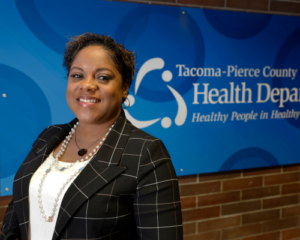 Reed’s efforts have now led her to Tacoma-Pierce County Health Department (TPCHD) as the public health director. During Women’s History Month, Reed makes history as the first woman and first African American appointed to lead the local public health jurisdiction.
Reed’s efforts have now led her to Tacoma-Pierce County Health Department (TPCHD) as the public health director. During Women’s History Month, Reed makes history as the first woman and first African American appointed to lead the local public health jurisdiction.
TPCHD has been accredited by PHAB since 2016 and is in the process of reaccreditation. Reed is excited to be a part of a team that is committed to accreditation and its process and looks forward to collaborating internally and externally to address the health and well-being issues in the community.
“My aim is to enhance the existing plans and assessments, transforming them into strategies that will lead to improved health outcomes for the community,” Reed said.
